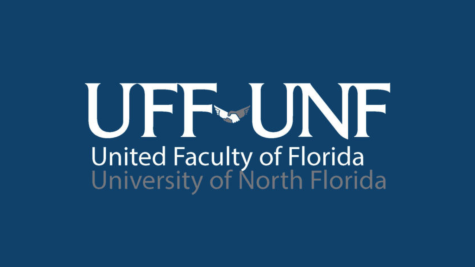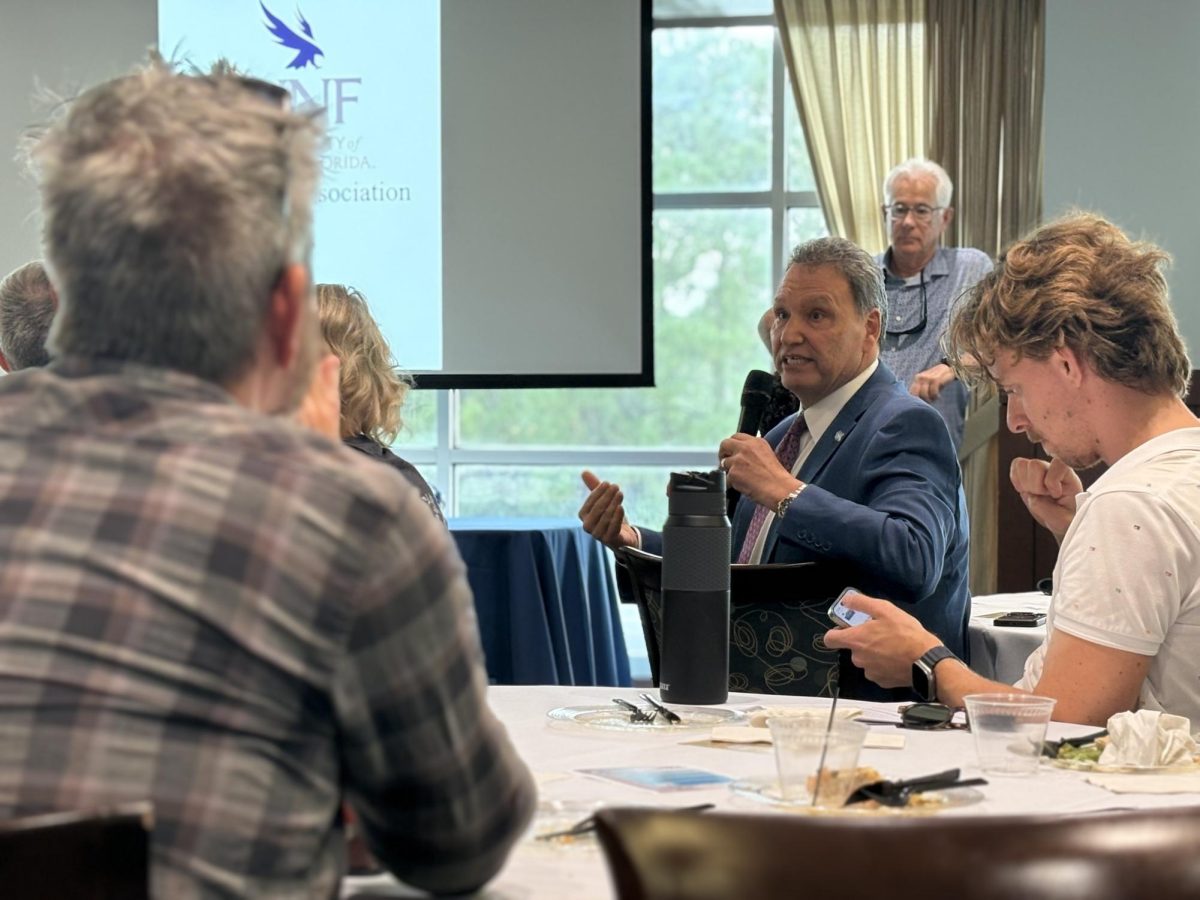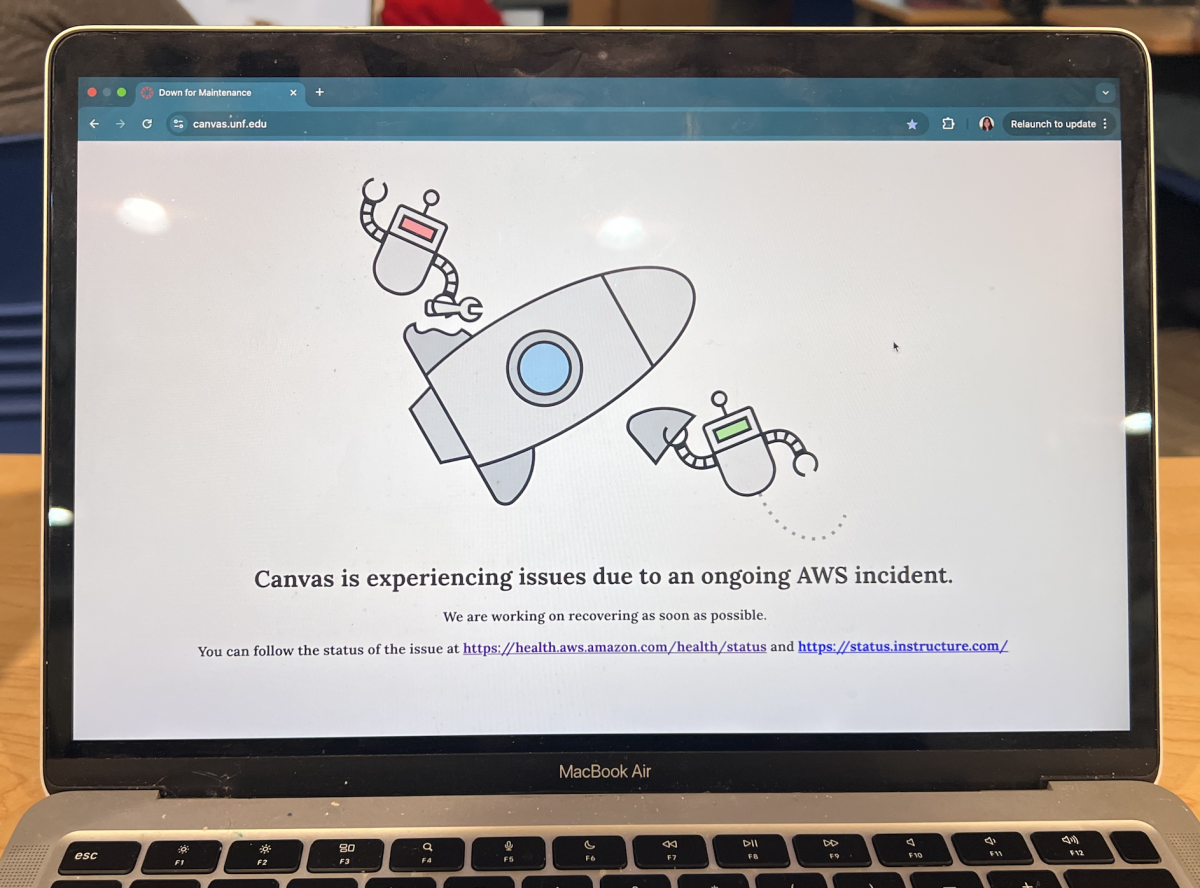Five days before the Board of Trustees is set to vote on the University of North Florida’s post-tenure review final policy, President Moez Limayem announced in an email to faculty Wednesday afternoon that the university has officially declared an impasse. A version of the policy has now been forwarded to the BOT for approval without agreement from the union.
With the looming Sep. 18 deadline, the faculty union and BOT bargaining teams met multiple times these past few months and had all but agreed on a policy, except for one sticking point. The union was concerned with evaluative language that would give the university the ability to rate faculty members as “does not meet expectations” even if they consistently meet, exceed or far exceed expectations in their annual reviews.
The BOT bargaining team has argued that the Board of Governors’ language for the policy must be used exactly as written and cannot be changed. However, the union argues that the BOG language can be revised, referencing an email from Dr. Christy England, vice chancellor for academic and student affairs, on April 10 and acquired by Spinnaker.
The union created a petition on Saturday arguing that exact point.
“Under the UNF-BOT’s current proposal, a faculty member could receive ratings of “far exceeds expectations” on 14 out of 15 areas in a five-year period and “exceeds expectations” in one area, only to be rated as “does not meet expectations” for PTR,” the union wrote on the petition’s description.

Since it was published, the petition rapidly received signatures and had over 1,000 as of Wednesday afternoon.
“We must not allow administrators to arbitrarily assign faculty “does not meet expectations” ratings, putting their livelihoods and the well-being of UNF students at risk,” the petition description said.
Limayem expressed hope that the union and the university would be able to reach an agreement in his email and listed out what the BOT team has already agreed to for faculty protection. Yet, faculty union Vice President Mark Halley told Spinnaker that many faculty have expressed concern over the future of this policy since the announcement.
Concern for higher education mounts
Faculty at UNF aren’t the only ones concerned about policies like post-tenure review; that concern is also seen state-wide, according to a recent survey by the United Faculty of Florida.
The union did a survey of faculty addressing whether they are considering leaving the state because of policies like post-tenure review and what they think of the atmosphere surrounding higher education in Florida.
Of the 642 faculty members surveyed in Florida, almost 300 said they planned to seek employment in another state within the next year. Even higher, 612 identified the political atmosphere around higher education in Florida as bad or very bad.
View the full results here.
“If we want a system of post-tenure review in place that makes faculty not feel target, we need to write a policy that way,” Halley said. He said that the language, as it stands now, leaves too much potential for administrative overreach in the future with a different president or a different provost.
What now?
Now that an impasse has officially been declared, the university has forwarded the post-tenure review policy with the latest proposed language from the faculty union, plus the language from the BOG, Limayem wrote.
The BOT will meet on Monday, Sep. 18, at 8:30 a.m. in the University Center. View their full agenda here. Spinnaker asked the university for comment about the announcement, and they declined to give one.
This is a breaking news article; stay with Spinnaker as we cover what this means for post-tenure review at UNF.
___
For more information or news tips, or if you see an error in this story or have any compliments or concerns, contact editor@unfspinnaker.com.









